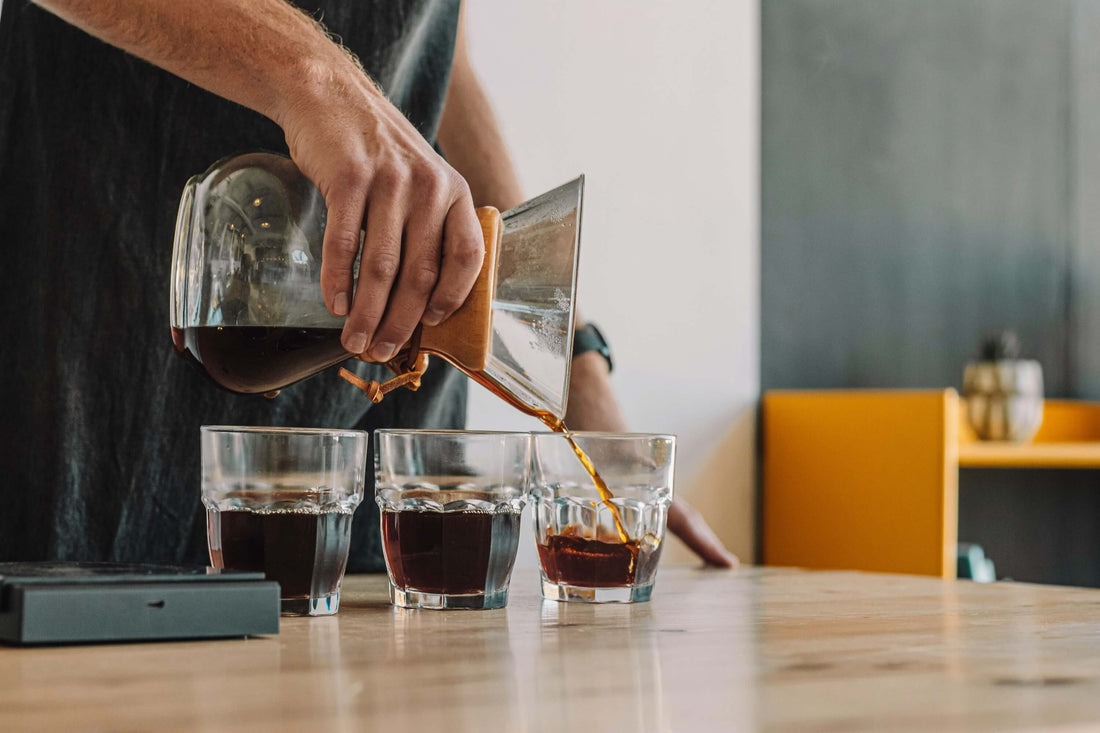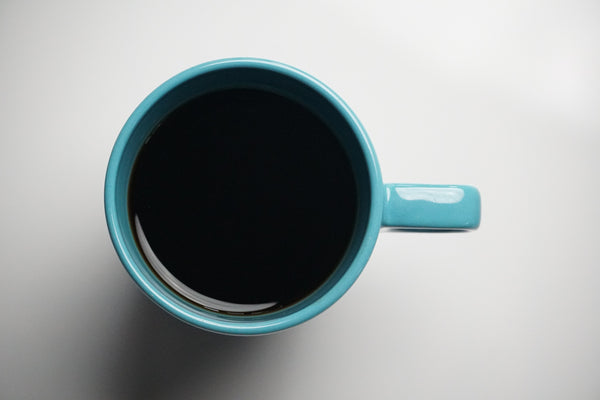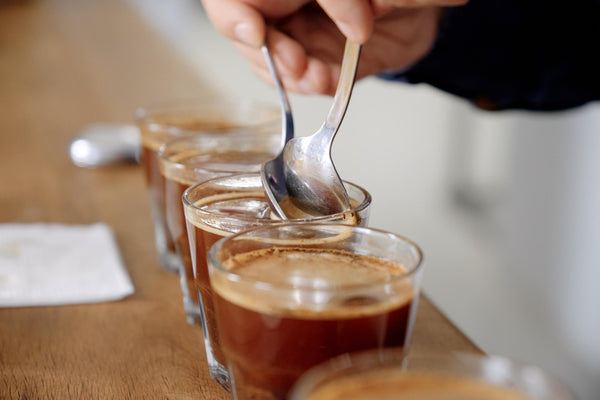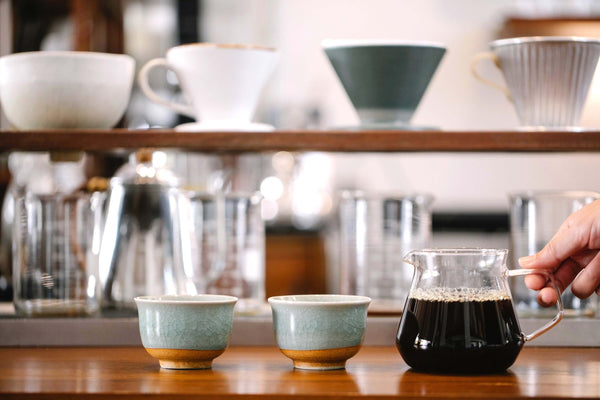
Developing Coffee Sensory
tai attitude4 min read
Ever had the experience of trying to describe a flavour you are experiencing to others?
The one thing that all of us could relate to is that sometimes we are able to describe it to others just fine, and other times it is like we are trying to describe the indescribable to others.
“You know what it is, but you just can’t put it into words.”
Perhaps we do know what it is, but we have yet to fully understand why it is.
Let us understand why it is.
In this article, we are in particular only focusing on the actions that we can take, which are what we have control over, for developing coffee sensory.
Yes, there are many actions we can put our effort into to develop good coffee sensory skills, but the question is, which action should we take?
In general, there are two very important root causes for developing coffee sensory skills.
Any action that incorporates these two root causes will develop coffee's sensory skills well. On the contrary, any action that does not incorporate these two root causes will likely not.
These two root causes are easy to understand, and by the end of this article, it will make sense, and you'll know what to do, so let’s dive right in.
|
Mental library of flavours |
|
Concentration |
|
Action to take |
Mental library of flavours
The mental library of flavours is the faculty by which the brain stores and recalls information (flavour).
When we drink coffee, our three chemical senses of smell, taste, and mouthfeel collect data and proceed to deliver it to the brain for synthesis.
The brain will then conclude all synthesised data as a piece of information (flavour).
This information (flavour) is what we experience in the mouth, and at the same time, this information will always get stored in the mental library of flavours for future use.
So, the next time we drink the very same coffee, we will be more familiar with it because our brain will then be able to recall it from the mental library of flavours.
Think of it this way: the difference between a coffee sensory judge and a beginner ultimately comes down to the coffee sensory judge’s lifetime experience of storing, hence the ability to recall from his or her ever-expansive mental library of flavours.
For example, if you had a flavour before and now you have it again, you will be able to recall the flavour and be able to describe the flavour to others. This is because the flavour has previously been stored in the mental library of flavours; hence, in the brain, there's a reference.
However, if you have never had the flavour before and this is your first time, you will neither be able to recall the flavour nor describe what the flavour is as it is foreign. Despite this, this new flavour does get stored in the mental library of flavours, so it gets easier next time.
Concentration
Concentration in this context is focus when accessing food or drinks. Having concentration heightens our three chemical senses to work better with the brain, which allows the information (flavour) perceived to get profoundly stored in the mental library of flavours. The recalling is also more intense, obvious, and clarified.
Remember how there are times when we drink coffee while in a rush or while being occupied? It is vastly different when compared to when we do take a moment to concentrate on every sip.
The difference is that when we do concentrate, we often realise that flavours have always been in the cup, just waiting to be perceived.
Whether we like or dislike the flavour we perceive is another article for another day, but the point here is that we are capable of perceiving more when we concentrate.
Concentration, in other words, is saying, “Do not just drink the coffee; be sure to experience it.”
Action to take
To develop good coffee sensory skills, one needs to expand his or her mental library of flavours and also have concentration when in need. These are the two root causes.
It is a learning curve, and it does take some practise. Hence, the more we practise and practise it right, the better we will be.
For as long as we incorporate the two root causes into the actions we take, we will be on the journey of developing coffee's sensory skills.
The action to take, in summary:
- Have concentration in mind when experiencing different varieties of coffee.
- Have concentration in mind when smelling or eating varieties of food found in the coffee taster flavour wheel.
Here are some real-life examples.
- Participate in a coffee cupping session.
- Always order different coffees and have the coffee dine-in at the coffee shop.
- Smelling the whole food and spices when shopping for groceries. Smell is free.
- Incorporate varieties of food found in the coffee taster flavour wheel into the diet.
- No cell phone during a meal.
- Preparing for a coffee-related competition.
From indescribable to invaluable. This is a journey. Have fun.



